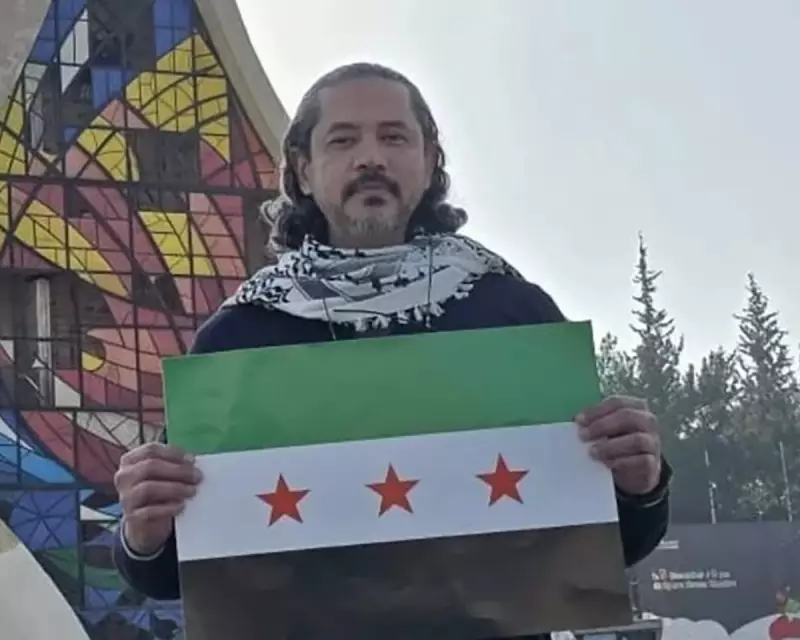
The United Nations has taken the extraordinary step of launching an investigation into the alleged torture of Egyptian-Turkish poet Galal El-Behairy during his detention in Lebanon. This development comes amid growing international concern about human rights violations and freedom of expression.
International Outcry Over Poet's Treatment
Galal El-Behairy, a prominent voice in the literary world known for his critical writings, has been held in Lebanese custody under circumstances that have alarmed human rights organisations worldwide. The UN Special Rapporteur on torture, Dr. Anja Schmidt, will lead the investigation into claims that El-Behairy suffered severe mistreatment while detained.
Background of the Case
El-Behairy's detention stems from his outspoken poetry and political commentary that has criticised governmental authorities in both Egypt and Turkey. His arrest in Lebanon, where he had sought temporary refuge, has raised questions about cross-border political pressures and the shrinking space for artistic expression in the region.
Key concerns identified by human rights monitors include:
- Allegations of physical and psychological torture during interrogation
- Denial of adequate legal representation
- Poor prison conditions amounting to cruel treatment
- Potential political motivations behind the detention
UN's Unprecedented Response
The decision to dispatch a UN torture expert represents a significant escalation in international response to the case. Dr. Schmidt's investigation will examine whether Lebanon has violated its obligations under international human rights law, particularly the Convention Against Torture, to which Lebanon is a signatory.
"When a poet's words become grounds for torture, we must all speak louder," stated a spokesperson for PEN International, which has been campaigning vigorously for El-Behairy's release.
Regional Implications
This case highlights the increasingly precarious situation for writers and artists across the Middle East, where freedom of expression faces mounting challenges. The involvement of multiple nationalities - Egyptian, Turkish, and the detention occurring in Lebanon - creates a complex diplomatic situation that the UN investigation must navigate carefully.
The outcome of this investigation could set an important precedent for how international bodies respond to transnational human rights cases involving artistic expression and political dissent.





